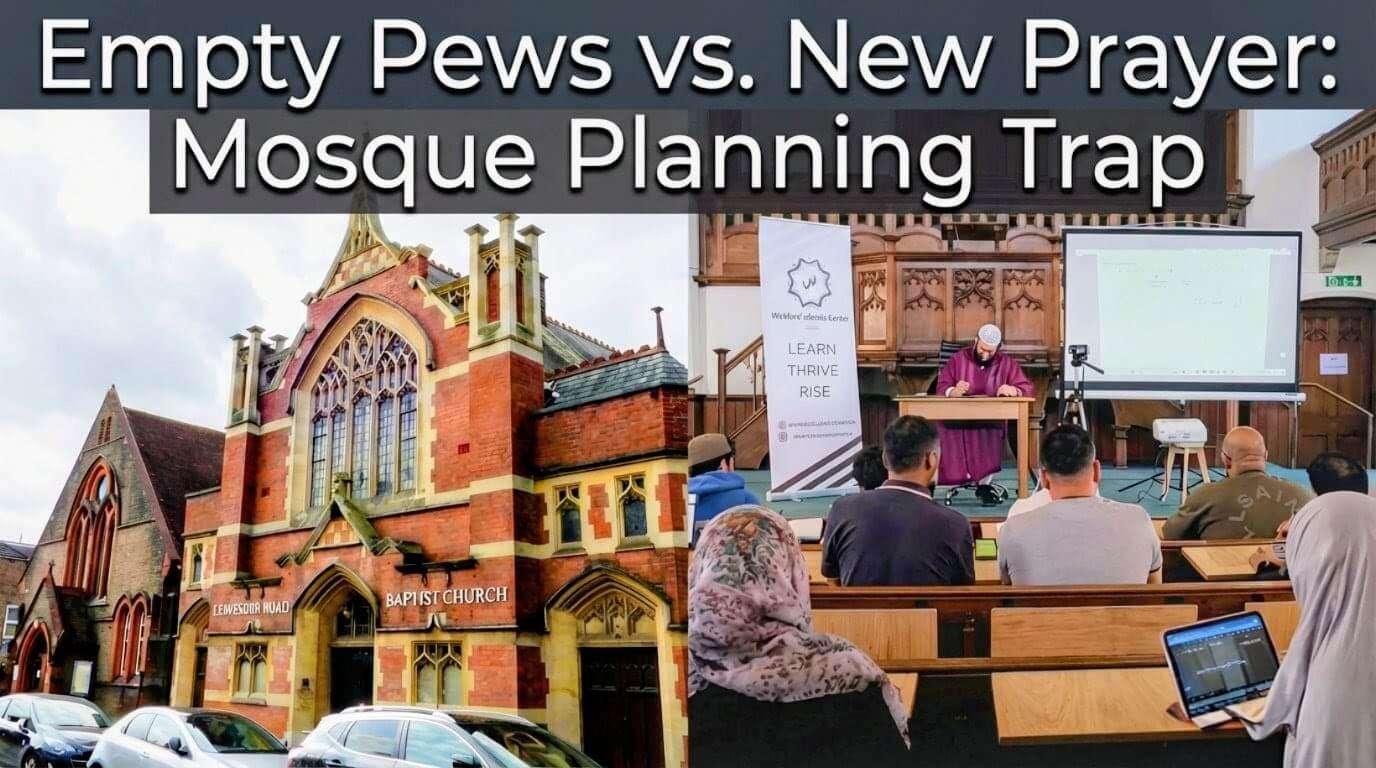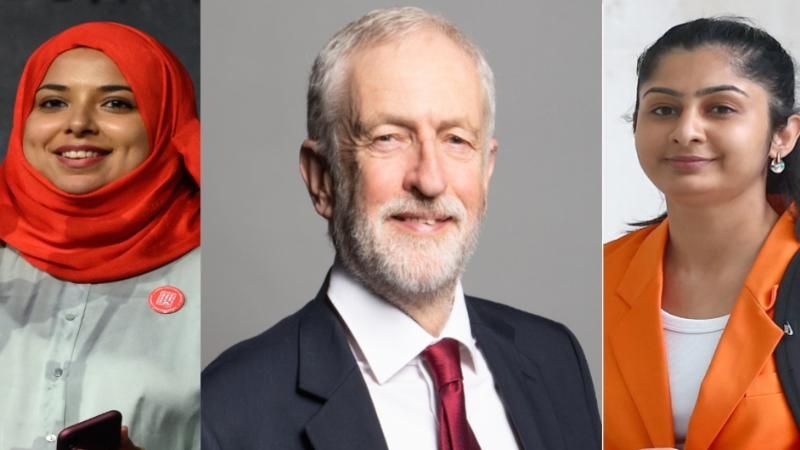A political tremor is reverberating through Westminster following the formal launch of a new political party, co-led by former Labour leader Jeremy Corbyn and the fiercely independent MP Zarah Sultana. This audacious move is more than just a challenge to Keir Starmer's increasingly centrist Labour; it's a critical litmus test for the very survival and future viability of genuinely left-wing politics in Britain, particularly amidst the backdrop of a surging far-right. For Corbyn, a figure of his political stature, forming his own party was arguably the only remaining avenue to continue as an active force on the national stage – a possibility that the Daily Dazzling Dawn had anticipated over six months ago, recognizing that a national leader of his calibre had no other mainstream party to join.
Jeremy Bernard Corbyn, born in Chippenham, Wiltshire, in 1949, has dedicated his political life since becoming Islington North MP in 1983 to unwavering socialist ideals and anti-war advocacy. His personal life, marked by its quiet simplicity and deep commitment to local community, stands in stark contrast to his often-combative political stance. Despite his tumultuous exit from the Labour Party, his recent comfortable re-election as an independent MP for Islington North demonstrated a powerful and enduring personal mandate. Now, at 76, his decision to co-lead this new party firmly cements his independent political future, aiming to project a robust "alternative democratic socialist, left-wing voice."
Joining him at the helm is Zarah Sultana, the outspoken MP for Coventry South. Sultana, who recently had the Labour whip removed for her principled vote against the controversial two-child benefit cap, represents a dynamic, younger face of the left. Her passionate advocacy on issues like poverty, inequality, and her staunch support for Palestinian rights have garnered her a significant following and a strong digital presence. While leading a political party demands considerable organizational and strategic acumen, her clear vision and powerful rhetoric resonate deeply with a segment of the electorate. Her partnership with Corbyn, a seasoned political operator, offers a compelling blend of youthful dynamism and decades of experience. Corbyn has a documented history of nurturing and protecting rising left-wing talent, consistently backing MPs like Sultana and Apsana Begum, the MP for Poplar and Limehouse. He famously attended a press conference in East London to publicly support Begum during a period of intense scrutiny, demonstrating his commitment to safeguarding these outspoken voices within the broader left movement. This pattern suggests that while Sultana is undoubtedly a force in her own right, Corbyn will remain a crucial guiding hand, offering strategic advice and leveraging his vast experience.
The timing of this party's launch, immediately after the UK government's controversial ban on pro-Palestine activities in Parliament Square, is highly strategic. This strongly suggests that pro-Palestine groups are a primary target for support. A YouGov poll from 2024 found that 29% of Britons sympathise more with the Palestinian side, compared to just 16% with Israel, with 23% sympathising equally. Among younger demographics (18-34 year olds), 31% believe the UK should support Palestinians, versus only 5% supporting Israel. Crucially, a Hyphen poll revealed that a striking 86% of the 44% of British Muslims who ranked Gaza as a top-five election issue would consider voting for a pro-Palestine independent candidate. Many activists and citizens, feeling sidelined by mainstream parties on the Gaza conflict, will undoubtedly find a strong voice in Corbyn and Sultana, both long-standing advocates for Palestinian rights.
This focus is also expected to resonate deeply within the British Muslim, British South Asian (including British Bangladeshi, British Pakistani, and British Indian), and wider BAME communities. Polling data from the the 2024 general election indicated that while Labour traditionally garnered substantial BAME support (leading the Conservatives by 29 percentage points among ethnic minority voters compared to 8 points among white voters), Labour's vote share among ethnic minority voters fell by 18 percentage points from 2019. In contrast, independent parties saw a 13 percentage point increase among this demographic. The disillusionment over Labour's perceived shift on foreign policy and racial justice could make these communities, often disproportionately affected by austerity and discrimination, key constituents for the new party.
Similarly, the immigrant community, frequently facing the brunt of increasingly restrictive government policies, may also find a critical ally. While overall public opinion on immigration is divided, YouGov polling in 2024 showed that younger people and university graduates tend to hold more positive views, and Labour voters are significantly more positive than Conservative voters. A party championing social justice and challenging anti-immigrant narratives could appeal to these demographics, who often feel unrepresented by the political establishment.
The party's expected policy platform will champion democratic socialism: proposing public ownership of key utilities, significant investment in public services, a resolute anti-austerity stance, and a foreign policy prioritizing peace, human rights, and an end to military interventions, with a strong emphasis on Palestinian self-determination.
In terms of electoral prospects, the new party is poised to make inroads in urban constituencies with high ethnic diversity, substantial Muslim populations, and a history of robust left-wing activism. Areas in East London (e.g., Tower Hamlets, Newham), Birmingham, Leicester, Bradford, and parts of Greater Manchester, where local discontent with Labour is palpable, could prove fertile ground. The recent successes of independent MPs like George Galloway in Rochdale (winning 39.7% of the vote in a February 2024 by-election), and the rise of other independent candidates often campaigning on pro-Palestine platforms, illustrate this potential. However, unlike these localized victories, a national impact for the new party remains an uphill battle. The unfortunate reality is that it's unlikely many mainstream MPs, other than those already close to Corbyn like Zarah or Apsana, will join him, at least not immediately.
This new political force emerges at a critical juncture, where far-right and right-wing movements are gaining significant traction across the UK and Europe. Reform UK's by-election win in Runcorn and Helsby in May 2025, albeit by a tiny six-vote majority, highlights this trend. For Corbyn, a figure who has consistently held widespread personal popularity as a rebellious, humane politician – but whose vision has often been at odds with the influential capitalistic powers that control much of global and even British politics from behind the scenes – this party is a profound test. He's widely seen as a risk by these powerful interests; had he been in capitalism's good books, many argue, he would have already been Prime Minister. His and Sultana's long-standing marginalization within Keir Starmer's Labour, where they've effectively lost their place in the party's mainstream, has left them with no alternative but to build anew.
If this venture struggles to gain significant electoral traction, it could signal a broader public reluctance for radical alternatives, potentially pushing Labour further towards the political centre. However, even limited electoral success would allow the party to serve as a vital pressure group, influencing Labour's policies and ensuring socialist ideas remain firmly in the national discourse. In a political landscape increasingly defined by disillusionment, the Corbyn-Sultana alliance is not just a new party; it’s a bold declaration that the spirit of left-wing politics in the UK, far from being extinguished, is seeking powerful new avenues to shape the nation's future.








.svg)


